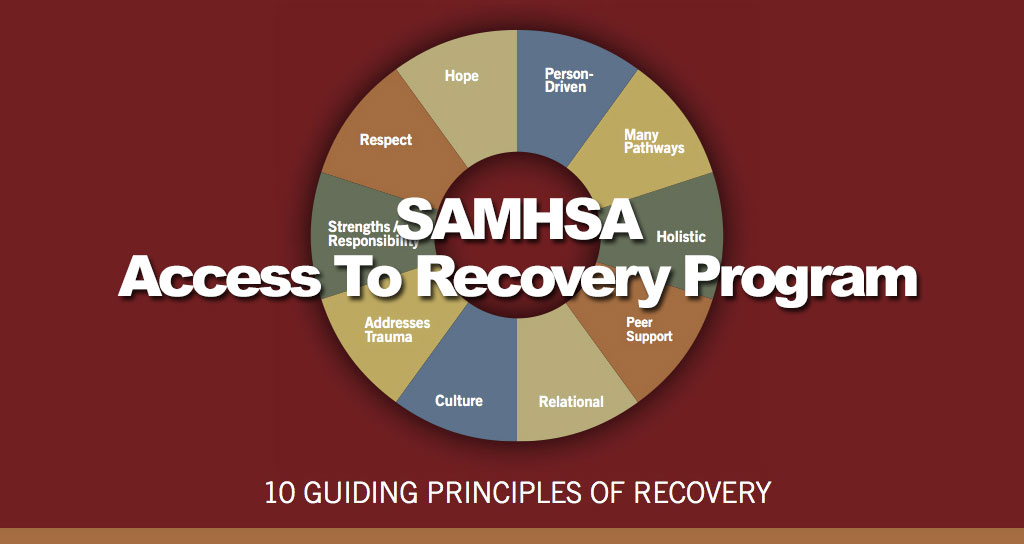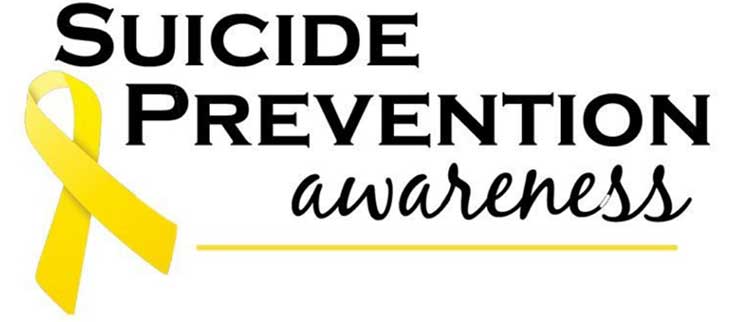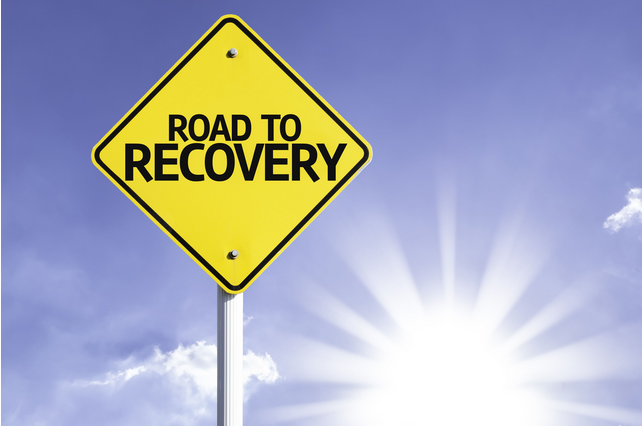
Rehab centers typically consider various factors to determine an individual's sliding scale fee:
- Income: This encompasses wages, salaries, commissions, and any other forms of earned income.
- Household Size: The number of dependents in the household plays a crucial role in assessing affordability.
- Expenses: Out-of-pocket expenses such as rent, utilities, childcare, and medical costs are taken into account to understand the individual's financial situation accurately.
Once these factors are thoroughly evaluated, the rehab center establishes an appropriate fee that aligns with the individual's financial capacity. Sliding scale fees can range from a nominal co-pay to a substantial reduction in the standard treatment cost.
Advantages of Sliding Scale Drug and Alcohol Payment
The adoption of sliding scale payment offers several compelling benefits:
- Enhanced Accessibility: By making treatment more affordable, sliding scale programs remove financial barriers and encourage individuals to seek help, increasing the likelihood of timely intervention and successful recovery.
- Improved Treatment Outcomes: Studies have demonstrated that sliding scale rehab programs can lead to better treatment outcomes. When individuals are not weighed down by financial worries, they are more likely to engage fully in their treatment plan and achieve lasting sobriety.
- Reduced Stress and Anxiety: The financial stress associated with paying for addiction treatment can be a major obstacle to recovery. Sliding scale programs alleviate this stress, allowing individuals to focus on their healing journey without the added burden of financial concerns.
- Online Searches: Many rehab centers clearly outline their sliding scale policies on their websites, making it easy to compare options and identify suitable programs.
- Government Agencies: The Substance Abuse and Mental Health Services Administration (SAMHSA) operates a comprehensive treatment locator tool that includes information on sliding scale rehab programs across the country.
- Local Community Organizations: Social service agencies, faith-based organizations, and community health centers often maintain connections to sliding scale rehab programs in their respective areas.
- Ask Questions: Don't hesitate to inquire about the specific fee structure, any additional costs associated with treatment, and the process for determining the sliding scale fee.
- Verify Credentials: Ensure that the rehab center is licensed and accredited by reputable organizations, demonstrating its commitment to quality standards and patient safety.
- Seek Recommendations: Ask friends, family, healthcare providers, or support groups for recommendations on sliding scale rehab programs that have a proven track record of success.
- Income: Applicants must provide proof of income, such as pay stubs or tax returns.
- Household size: The number of dependents in the household is taken into account to assess financial need.
- Expenses: Out-of-pocket expenses such as rent, utilities, and childcare are considered to determine affordability.
- Contact the rehab center: Reach out to the rehab center's admissions department to inquire about their sliding scale program and eligibility criteria.
- Complete an application: Submit an application form or schedule an intake assessment to provide detailed information about your income, household size, and expenses.
- Provide documentation: Gather and submit relevant documents, such as pay stubs, tax returns, and proof of household expenses, to verify your financial situation.
- Attend an assessment: Schedule an appointment with a counselor or therapist to discuss your addiction history, treatment needs, and financial situation.
- Receive a determination: The rehab center will review your application and documentation and determine your eligibility for sliding scale fees.
- Be prepared to answer questions: Be ready to provide accurate and detailed information about your income, household size, expenses, and addiction history.
- Express your commitment to treatment: Demonstrate your genuine desire to overcome addiction and your willingness to participate fully in the treatment plan.
- Seek support from others: Ask friends, family members, or support groups for assistance in gathering documentation, completing paperwork, or preparing for assessments.
- Explore multiple options: Consider applying to several sliding scale rehab programs to increase your chances of finding a suitable program.
Locating Sliding Scale Drug and Alcohol Rehab Programs
Several avenues can be explored to find sliding scale drug and alcohol rehab programs:
Additional Considerations When Choosing a Sliding Scale Rehab Program
When considering sliding scale rehab, it is essential to:
Eligibility Criteria for Sliding Scale Rehab
Eligibility for sliding scale rehab programs varies depending on the specific program and location. However, some general criteria are commonly considered:
Applying for Sliding Scale Rehab
Applying for sliding scale rehab typically involves the following steps:
Additional Tips for Increasing Chances of Acceptance
To increase your chances of acceptance into a sliding scale rehab program, consider the following tips:



